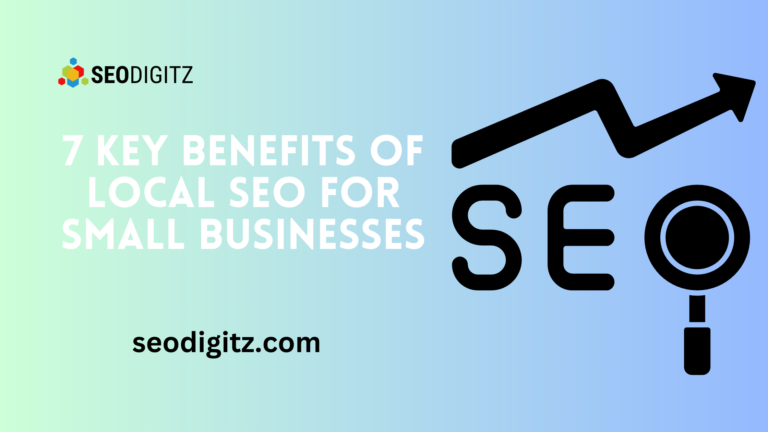
A well-optimized title tag not only holds the potential to boost your search engine rankings but also entices users to click through to your content. In this blog post, we’ll delve into the purpose of the title tag in SEO and provide actionable insights on creating click-worthy titles that captivate and convert.
The Purpose of Title Tags in SEO:
Defining Page Content and Relevance:
The title tag serves as a concise yet informative description of the content found on a web page. It provides search engines with a clear indication of the topic, enabling them to categorize and rank your page accurately in search results. When users see your title tag in the search results, it helps them quickly determine if your page is relevant to their query.
Enhancing Search Engine Rankings:
A strategically crafted title tag containing relevant keywords can significantly impact your search engine rankings. Search engines give considerable weight to title tags when determining the relevance of a page to a specific query. Including targeted keywords can boost your chances of appearing higher in search results.
Improving Click-Through Rates (CTR):
A compelling title tag can pique users’ curiosity and encourage them to click on your link. A higher CTR indicates to search engines that your content is engaging and relevant, which can contribute to improved rankings over time.
Creating Click-Worthy Titles:
Understand Your Audience:
Before crafting a title, you need to know your target audience and their preferences. What problems do they need to solve? What questions do they have? Tailor your titles to resonate with their interests and needs.
Incorporate Keywords:
Include relevant keywords naturally in your title tag. These keywords should reflect the main topic of your content and match the words users are likely to use when searching. However, avoid keyword stuffing, as it can appear spammy and harm your SEO efforts.
Be Descriptive and Specific:
Clearly convey the main idea of your content in the title tag. Avoid vague or generic titles that could apply to a multitude of topics. Specificity helps users understand what they can expect from your page.
Add a Unique Selling Proposition (USP):
Differentiate your content by highlighting a unique angle or benefit that sets it apart from similar content. This can entice users who are seeking a fresh perspective.
Invoke Emotion or Curiosity:
Engage users on an emotional level or spark their curiosity with your title. Using powerful words, posing questions, or promising a solution to a common problem can all capture attention.
Keep it Concise:
Aim for a title tag length of around 50-60 characters to ensure it displays properly in search results. This also encourages clarity and avoids truncation.
Test and Optimize:
Don’t be afraid to experiment with different title tags for your content. Analyze the performance of different variations to determine which ones resonate best with your audience and drive the highest CTR.
Conclusion:
The title tag is a crucial element in your SEO strategy, shaping both search engine rankings and user engagement. By understanding its purpose and applying the principles of crafting click-worthy titles, you can harness its potential to attract more visitors to your website, enhance your online visibility, and ultimately achieve your content marketing goals. If you are looking for an SEO Company in Bangalore, India, you have probably also searched for SEO Experts in Bangalore, SEO services in Bengaluru, or SEO companies in Bangalore. However, we provide comprehensive services.


